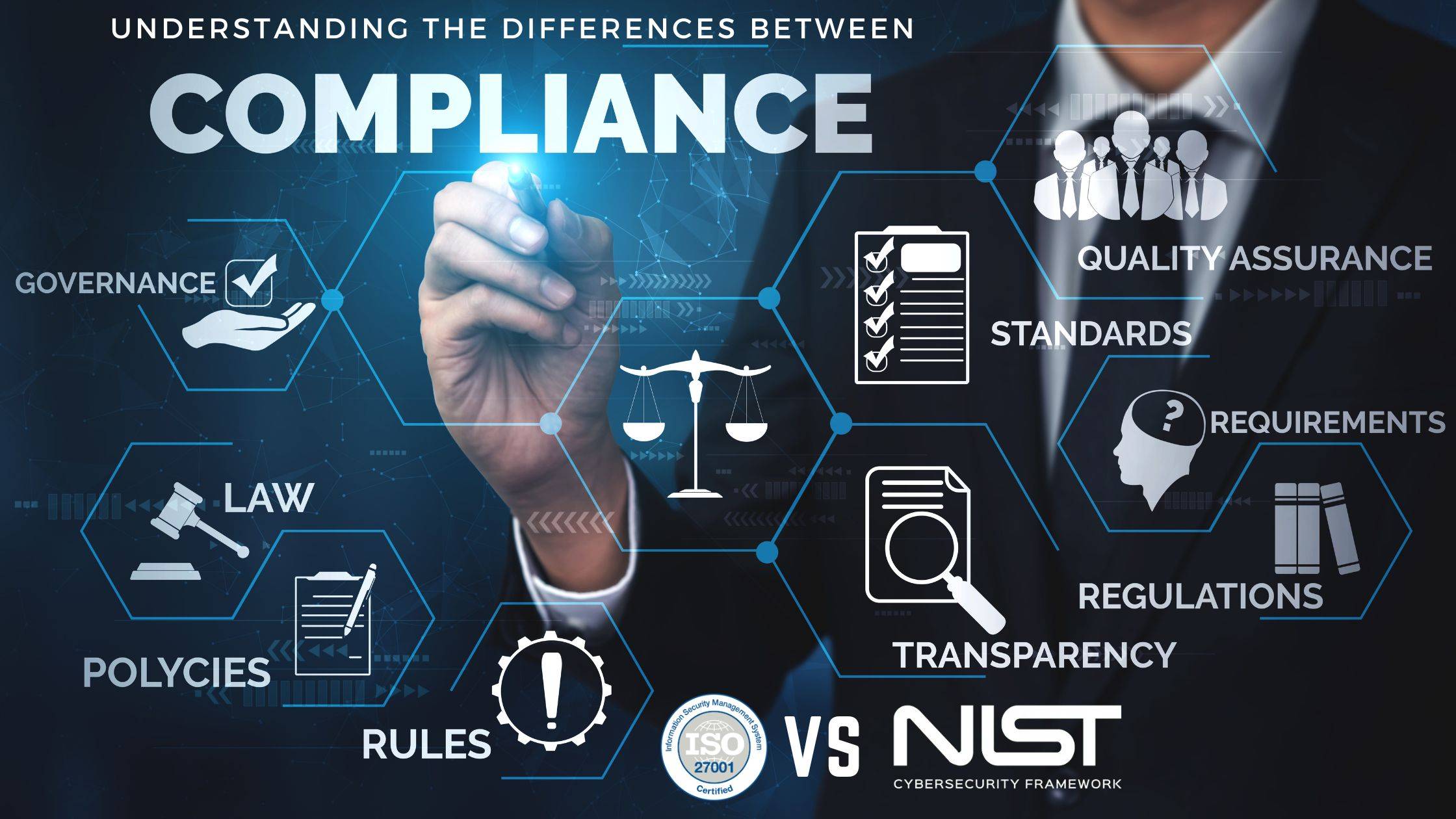In Nigeria, data privacy has become a pivotal part of digital marketing due to the Nigeria Data Protection Regulation (NDPR). The NDPR governs how businesses handle personal data, ensuring users’ information is protected. For marketers, this means adopting new strategies that comply with these regulations while still engaging with customers effectively.
Navigating NDPR in Digital Marketing
The NDPR requires businesses to obtain explicit consent before collecting personal data, clearly stating the purpose of data collection. As a digital marketer, you must ensure that your data collection methods are transparent, secure, and compliant with these regulations. For example, using opt-in forms with clear privacy statements can build trust with your audience.
The Challenge of Balancing Personalisation and Privacy
One major challenge marketers face is balancing personalisation with data privacy. Consumers want tailored experiences, but they are also more aware of how their data is used. This is where NDPR compliance becomes crucial, as it allows businesses to offer personalised services without overstepping privacy boundaries. Tools like anonymisation and pseudonymisation can help you personalise marketing campaigns without violating NDPR rules.
How NDPR Shapes Digital Marketing Strategies
NDPR affects various aspects of digital marketing, from email campaigns to targeted ads. Marketers must now implement secure data storage and processing methods, ensuring that customer data is handled responsibly. Adopting these practices not only ensures compliance but also enhances customer trust.
Conclusion
If you’re navigating the complexities of data privacy regulations in your digital marketing efforts, consider joining our Digital Marketing course at the upcoming CYBERBUDDIES Bootcamp. Learn how to integrate NDPR-compliant strategies while still delivering powerful, personalised campaigns.








